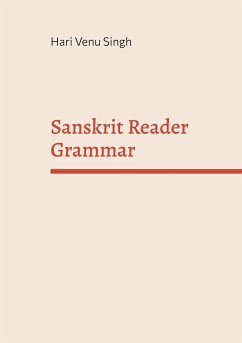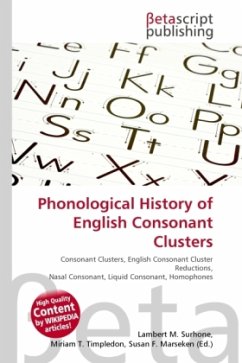Please note that the content of this book primarily consists of articles available from Wikipedia or other free sources online. Old English nouns were declined that is, the ending of the noun changed to reflect its function in the sentence. There were five major cases: nominative, genitive, dative, accusative, and instrumental case. The nominative case indicated the subject of the sentence, for example se cyning means ''the king''.The accusative case indicated the direct object of the sentence, for example Æþelbald lufode þone cyning means "Æþelbald loved the king", where Æþelbald is the subject and the king is the object. Already the accusative had begun to merge with the nominative; it was never distinguished in the plural, or in a neuter noun.The genitive case indicated possession, for example the þæs cyninges scip is "the ship of the king" or "the king''s ship". It also indicated partitive nouns. The dative case indicated the indirect object of the sentence, for example hringas þæm cyninge means "rings for the king" or "rings to the king". There were also several verbs which took direct objects in the dative.The instrumental case indicated an instrument used to achieve something.








